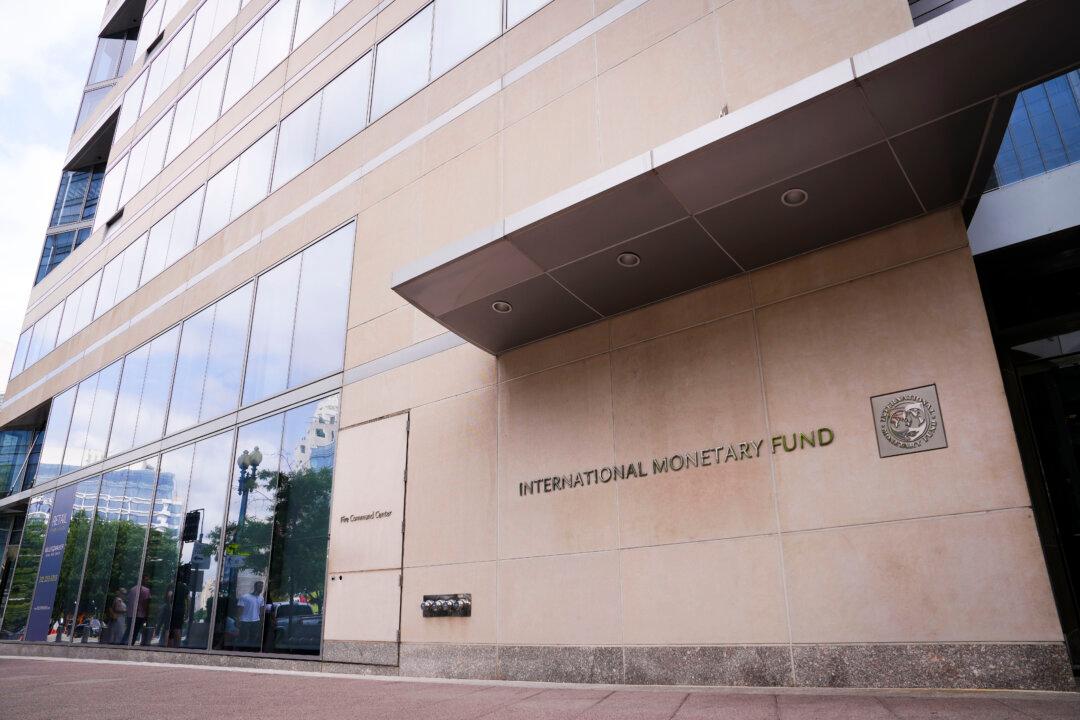Britons will suffer from five more years of high interest rates that fuel price growth, according to the International Monetary Fund (IMF).
The United States, Japan, Germany, France, Italy, the United Kingdom, and Canada are the seven largest Western economies in terms of GDP based on market exchange rates, referred to as G7.





